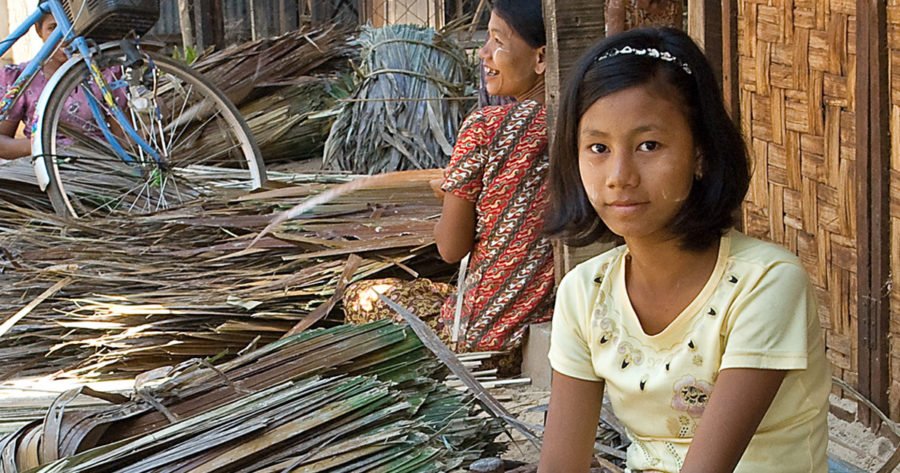Delivered as part of the Livelihood and Food Security Trust Fund (LIFT) funded Enhanced Livelihoods for Displaced People (ELDP) Project, this baseline provides the reader with an insight into the situation as it is current faced by Karen IDPs in the Tanintharyi Region. It is based on a comprehensive and systematic research process involving over 355 HH interviews conducted in 3 townships across Tanintharyi Region in early 2017.
The baseline survey provides data and analysis on the socio-economic situation, attitudes towards peace and conflict, general gender dynamics, and other crosscutting issues. The ELDP consortium hopes that this report will help enhance understanding of the current situation of Karen IDPs in the Tanintharyi Region and ultimately support interventions that are better tailored in order to adequately respond to community needs.
Main findings of the baseline include:
- The majority of Karen IDPs are engaged in the agriculture sector, including orchard cultivation (betel nut), shifting cultivation (slash & burn), and to some extent own small rubber plantations. Only a small number of respondents are engaged in the service and trading sector or employed in the government sector.
- 40% of interviewed households indicated that they have an average income per year that is below 1 Million MMK (USD$750), while 26% of HHs reported an income between 1 Million MMK and 2 Million MMK. Another 21% have an in- come between 3 Million MMK to 5 Million MMK, while only 7% of the HH in the target villages have a yearly income above 5 Million MMK. People with a higher income do not only rely on the agriculture sector, but also have diversified their income streams (trade, services, etc.).
- Though 88% of respondents indicated that they own agriculture land, 73 % indicated that they have no official land titles/documents. This represents a significant threat to experiencing land tenure insecurity. In addition, 41, 3 % of interviewees responded that they only own up to 5 acres of productive land, which limits and affects overall livelihood security.
- Access to nances remains a great concern for local com- munities. The majority of respondents (43,7%) rely on infor- mal moneylenders in order to gain access to capital. 72% of interviewees indicated that they have to pay a monthly interest rate of 1-5%.
- The majority of HHs (76%) indicated that they experience food shortage during the year. Of the ones who indicated a food shortage, 55% experience a food shortage period up to 3 months, while 38% reported a period between 4 to 6 months.
- Both the government and the KNU provide public services in the target region, including education services, small- scale infrastructure constructions, issuing of land titles, natural resource management, food assistance and the issuing of citizen security cards. Next to these duty bearers, NGOs and INGOs are found to also provide essential public ser- vices to conflict affected communities.
- Natural resource management (NRM) plays an important role in the lives of target communities. 62% of respondents indicated that they have a community forest in their com- munity with the majority (64%) responding that it is reg- istered under customary/indigenous law, followed by reg- istration through the Karen Forest Department (15%) and the government (3%). Both KNU and NGOs/INGOs were identi ed as being the main NRM training providers in the region.
- Around 24% of HH members have worked outside their communities, with the majority (62,4%) seeking job oppor- tunities in Thailand, followed by places within the Tanin- tharyi Region (31,8%). Reasons for migration include job scarcity, insecurity, and limited vocational training oppor- tunities. Currently, the majority of respondents (88%), how- ever, indicated that they have no desire to migrate.
- Only 10% of respondents indicated that they had the opportunity to receive vocational trainings in the last 12 months. This data indicates a high demand in vocational training.
- Though the cease fire between the government and the KNU has significantly improved the situation of Karen conflict affected communities, the majority of respondents (46%) do not believe that the current peace process will result in lasting peace, while 30% do not know.
- While the relationship between the government and KNU has improved, communities face new challenges, including land grabbing and unsustainable natural resource extraction by the private sector. In fact, 76% of respondents do not believe that the private sector has a positive impact on their community.
| ELDP-Baseline Report | 2.12 MB | Download |
